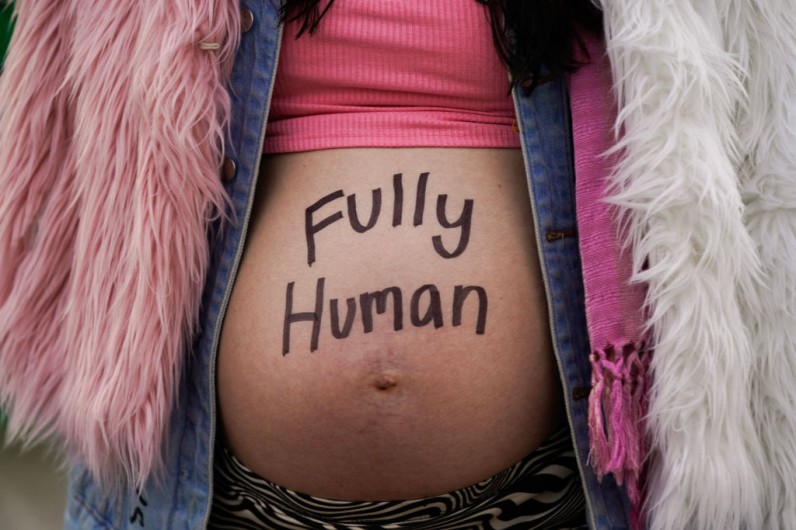The Pregnant Workers Fairness Act (PWFA) has expanded its scope to include abortion as a 'related medical condition,' entitling employees to job accommodations, including time off for procedures.
The Equal Employment Opportunity Commission (EEOC) finalized this decision, allowing pregnant workers to work while maintaining a healthy pregnancy and will assist employers in understanding their legal responsibilities.
Finalized Pregnant Workers Fairness Act Rules
The final rules, published by the EEOC, reinforce the broad interpretation of pregnancy-related medical conditions, encompassing current, past, and potential pregnancy. This act includes abortions, miscarriages, stillbirths, and lactation.
According to the regulations, employers with 15 or more employees must provide 'reasonable accommodations' for conditions related to pregnancy, childbirth, or related medical conditions unless doing so causes undue hardship.
Accommodations include breaks for water, food, or restroom use; telework; temporary reassignments; and time off for medical appointments or recovery.
Reasonable Accommodations for Pregnant Workers
EEOC Chair Charlotte A. Burrows emphasized the significance of the PWFA, stating, "It gives pregnant workers clear access to reasonable accommodations that will allow them to keep doing their jobs safely and effectively, free from discrimination and retaliation."
Senator Bob Casey expressed concerns regarding the inclusion of abortion provisions, stating, "It defies common sense, and Congress' intent, that EEOC continues to inject abortion into a law specifically aimed at promoting healthy childbirth."
The EEOC received over 100,000 public comments on the proposed regulations, with more than 96,100 mentioning abortion. The PWFA passed with bipartisan support in 2022, marking the first update to anti-bias protections for pregnant Americans since the 1978 Pregnancy Discrimination Act.

Controversy Surrounding the New Rules
Despite the EEOC's decision, the inclusion of abortion-related protections has sparked controversy. Some employers and conservative lawmakers argue that it goes beyond Congress' intent.
Furthermore, tensions arise from conflicting state laws, particularly in states that have implemented abortion bans following the 2022 US Supreme Court decision in Dobbs v. Jackson Women's Health Organization.







Join the Conversation